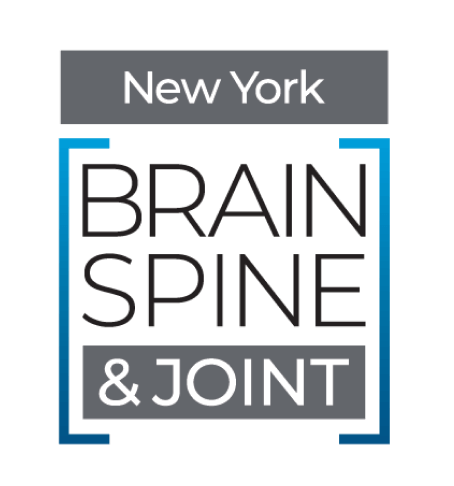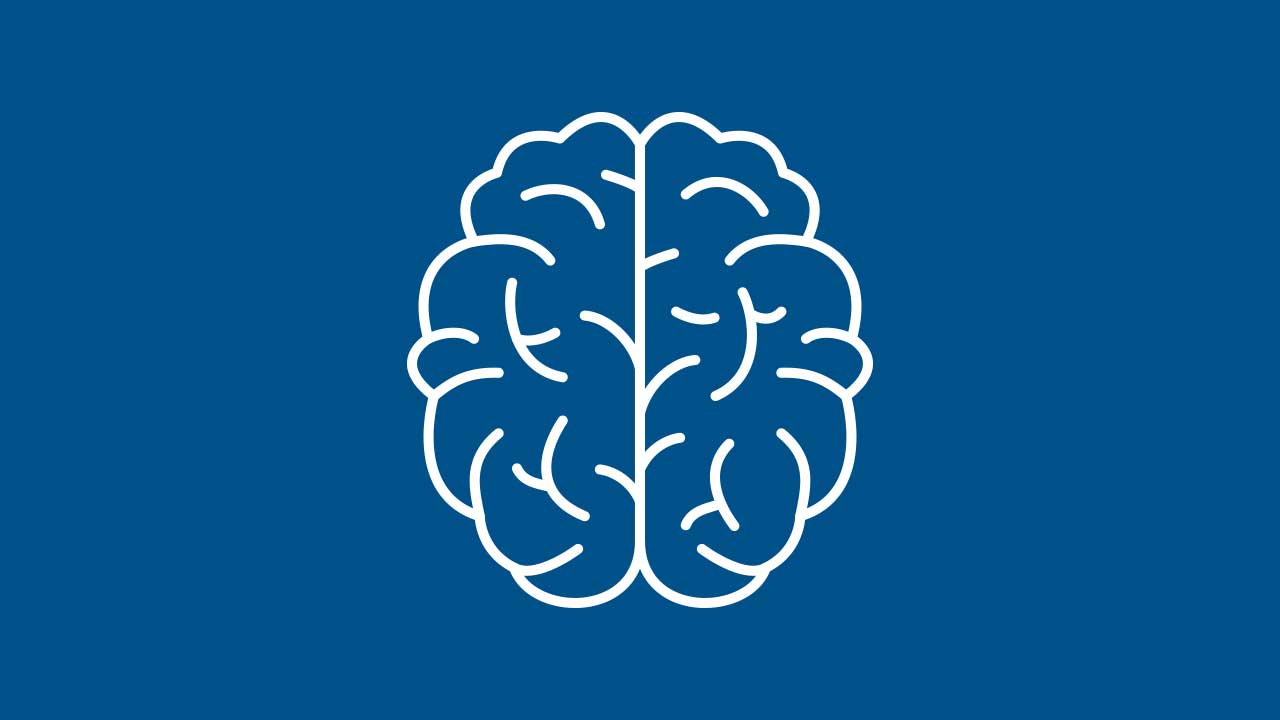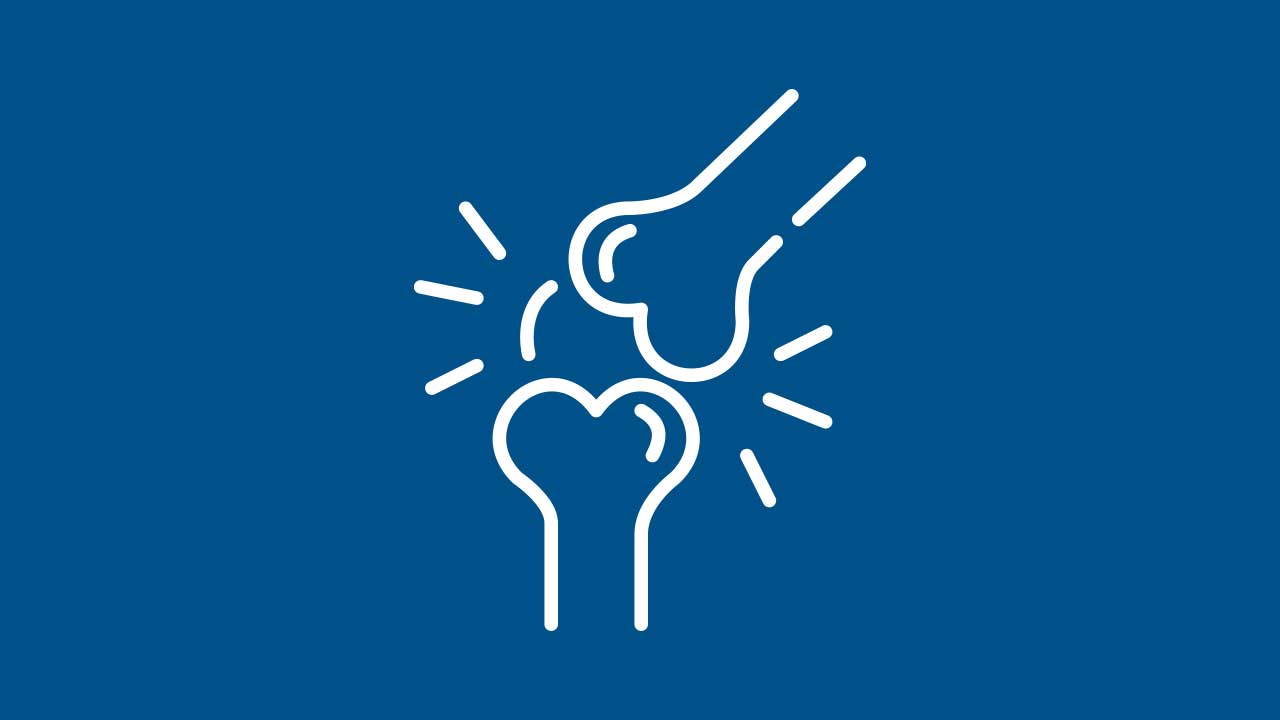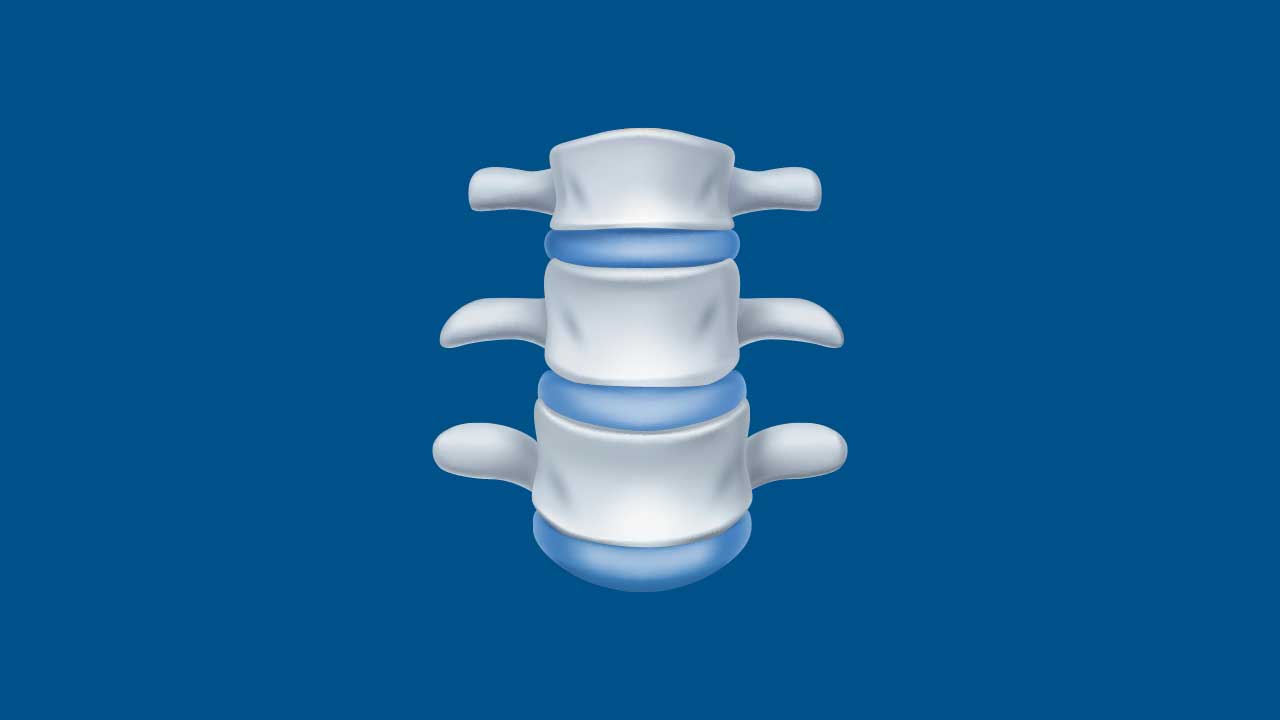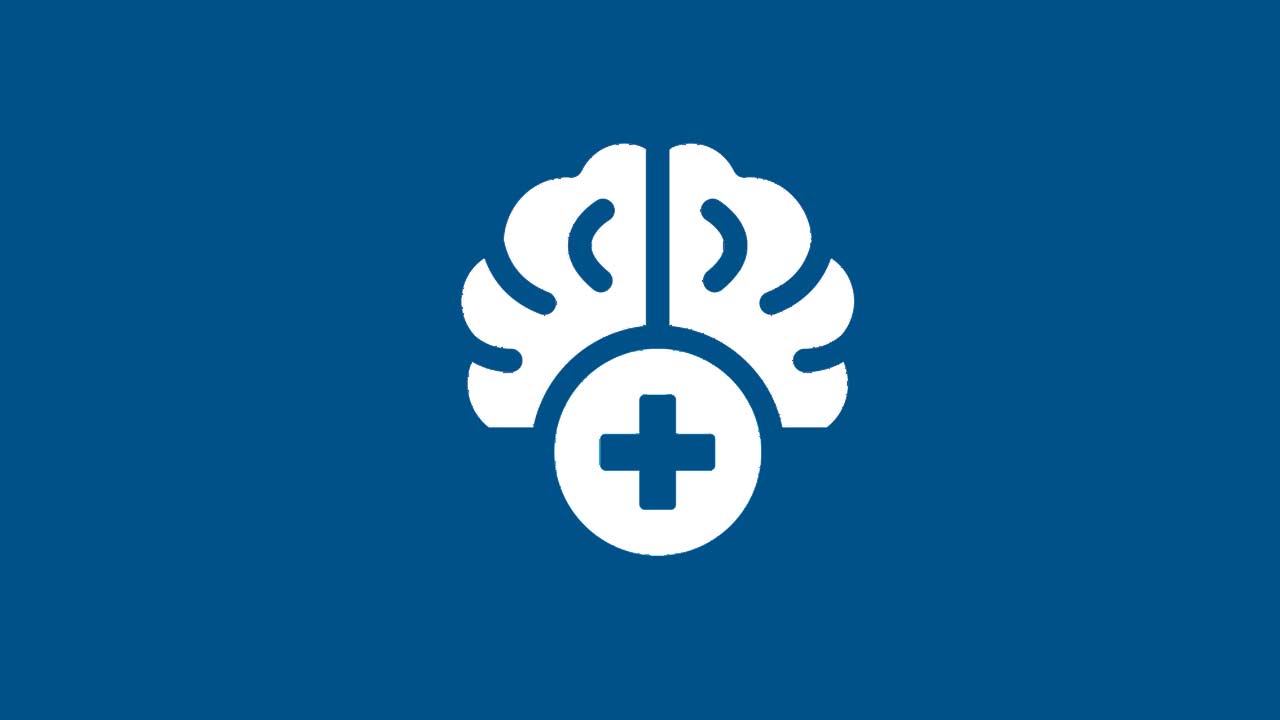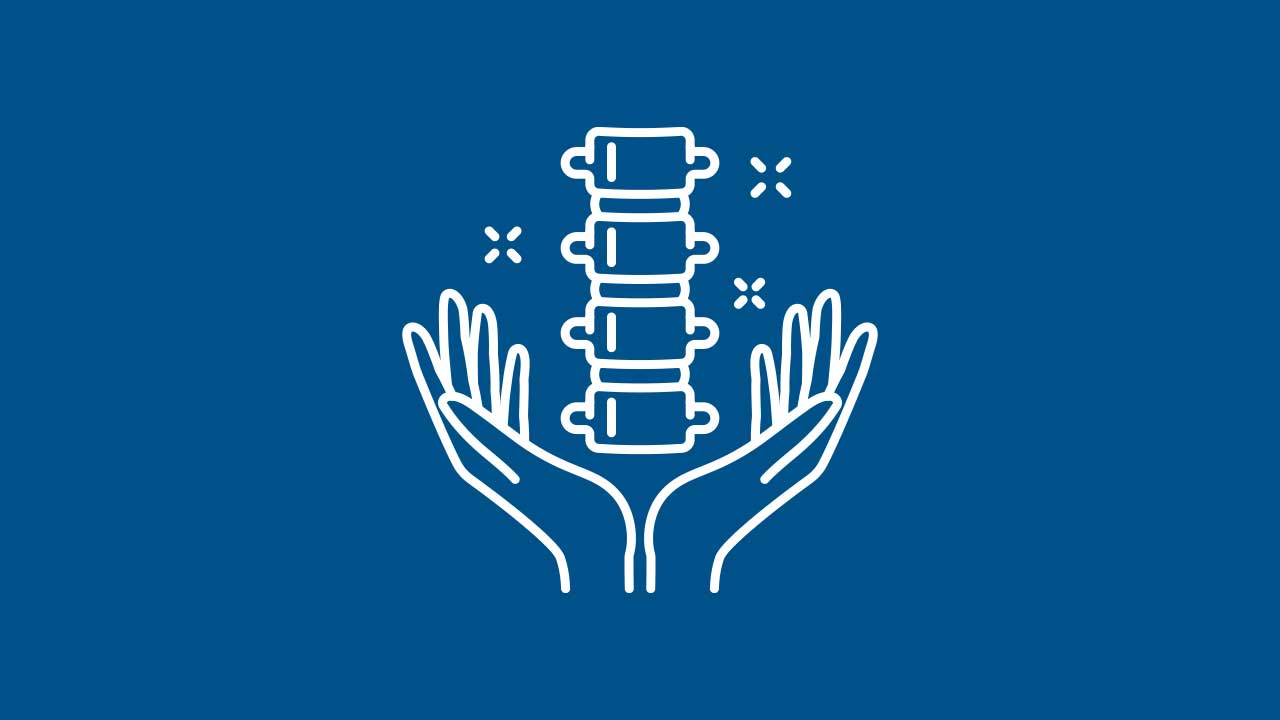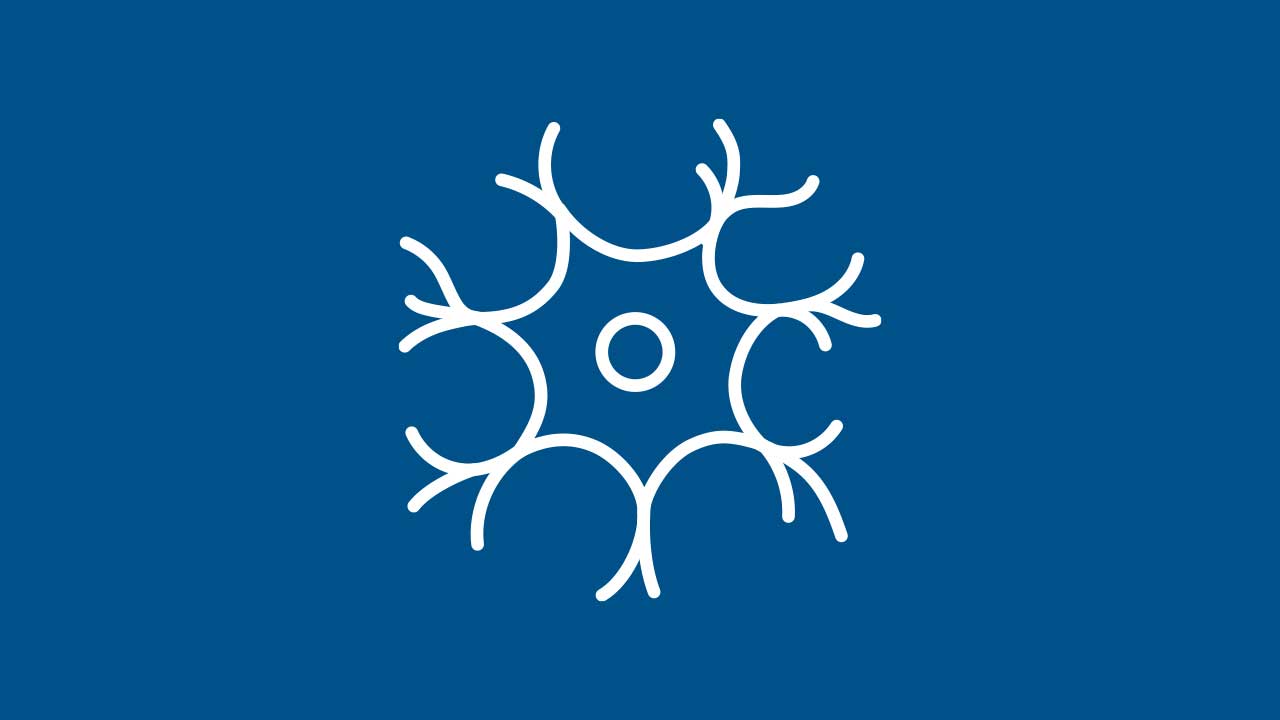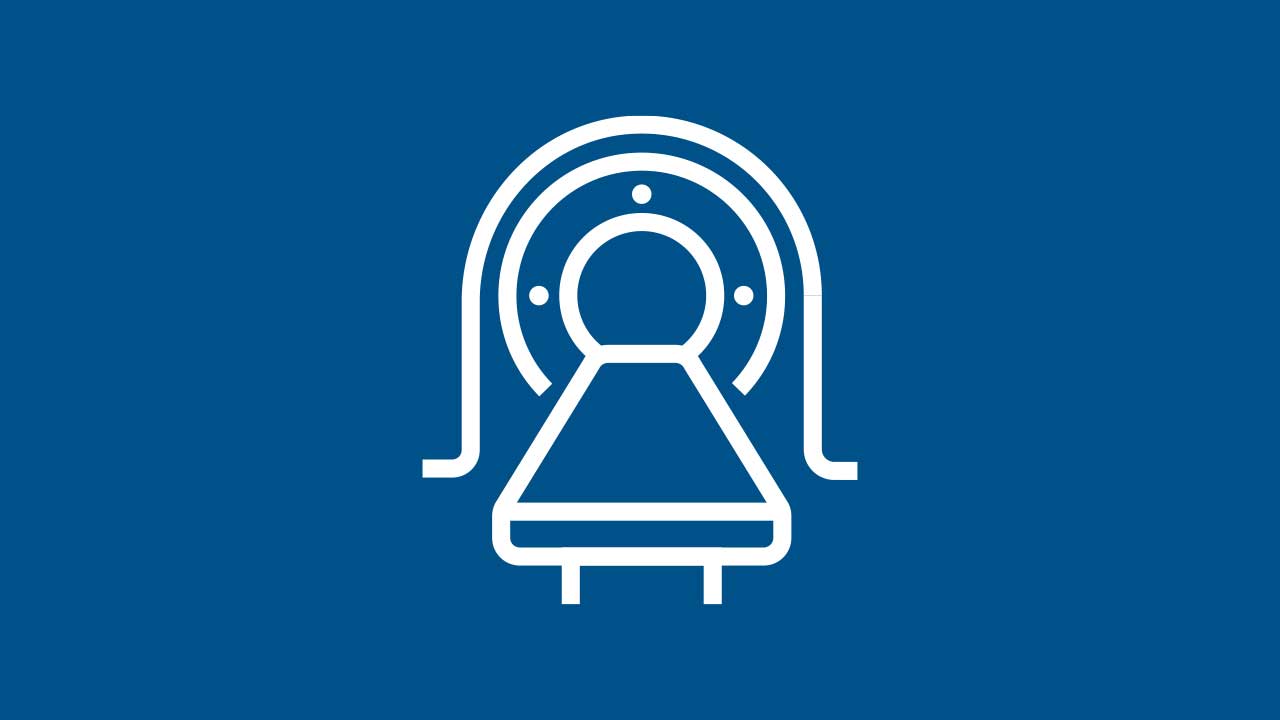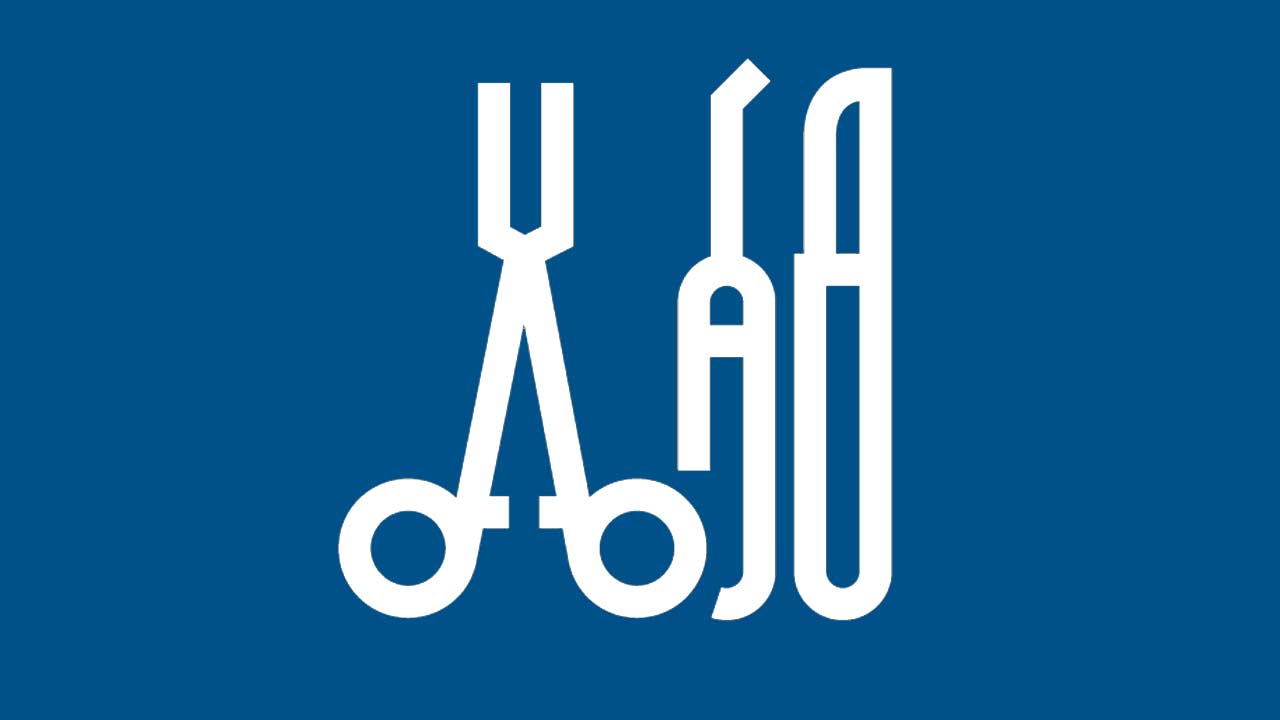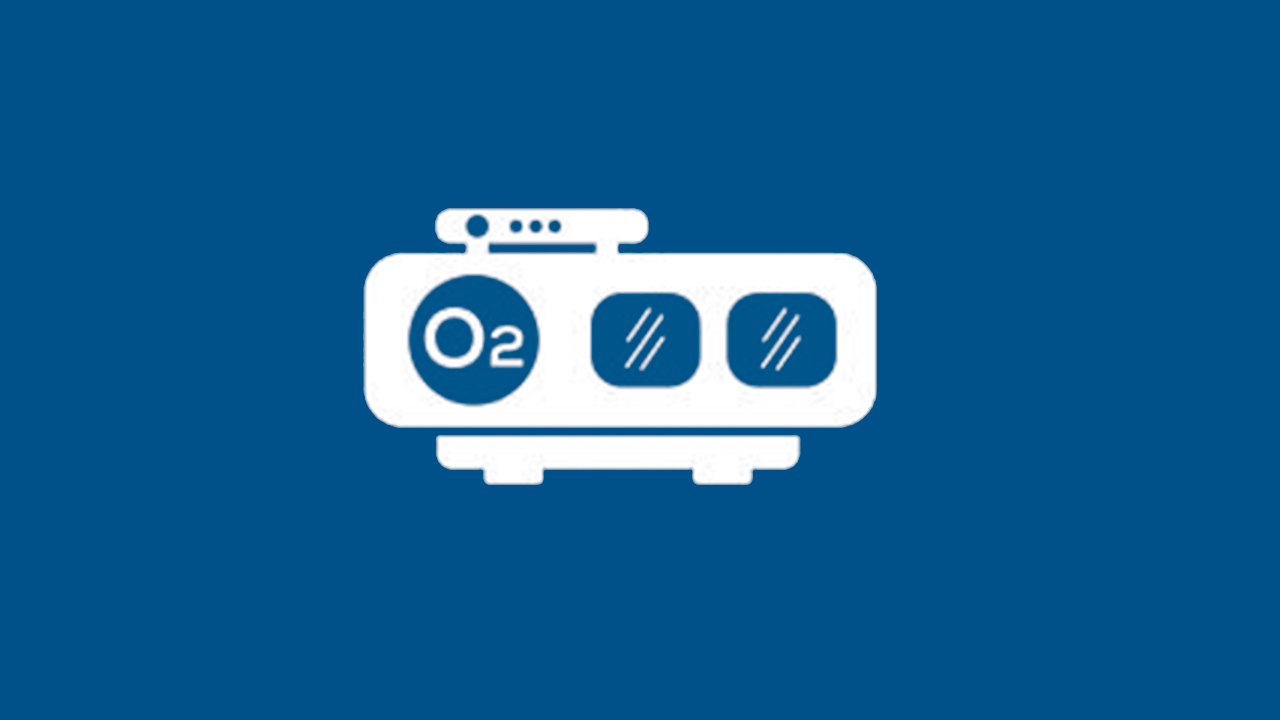Occipital Neuralgia
Occipital Neuralgia: Causes, Diagnosis, and Treatment of Chronic Head and Neck Pain
Occipital neuralgia is a condition where the occipital nerves, which run from the upper spine through the scalp, become inflamed or compressed. This leads to sharp, stabbing pain in the back of the head, sometimes extending behind the ears and toward the top of the head. Individuals often confuse occipital neuralgia with migraines or other headache disorders due to overlapping symptoms.
Understanding Occipital Neuralgia
The occipital nerves (greater, lesser, and third occipital nerves) originate in the cervical (neck) region and provide sensation to the back of the scalp. Irritation can result from muscle tension, nerve entrapment, or inflammation, leading to episodes of severe pain. The condition can be intermittent and triggered by certain head movements or sustained neck positions.
Potential Causes and Risk Factors
- Nerve Compression or Irritation
Tight neck muscles or pinch points along the cervical spine can aggravate the nerves. - Trauma or Injury
Whiplash injuries, repetitive strain, or direct impact to the back of the head/neck. - Underlying Neck Problems
Degenerative disc disease, cervical arthritis, or spinal misalignments may contribute to nerve irritation. - Chronic Neck Tension
Poor posture, prolonged desk work, or stress-related muscle tightness can exacerbate symptoms.
Common Symptoms
- Sharp, Shooting Pain
Often described as electric or stabbing, starting at the base of the skull and radiating upward. - Tender Scalp
Touching or combing hair may trigger pain. - Light Sensitivity
Some people experience photophobia (aversion to bright light) similar to migraine. - Pain with Neck Movement
Turning the head side to side or flexing the neck may worsen discomfort.
Diagnosis
- Physical Examination
A healthcare provider palpates the occipital region, checking for tenderness and reproducing pain by pressing on specific nerve exit points. - Diagnostic Nerve Blocks
Injecting a local anesthetic around the occipital nerve can confirm the diagnosis if pain is temporarily relieved. - Imaging
MRI or X-rays of the cervical spine to rule out structural causes such as arthritis or disc herniation.
Non-Surgical Treatment Options
- Medications
NSAIDs and muscle relaxants can provide relief; certain anti-seizure drugs or tricyclic antidepressants may help chronic nerve pain. - Physical Therapy
Targeted exercises, gentle stretching, and posture training to alleviate muscle tension. - Occipital Nerve Blocks
Local anesthetic (often combined with steroids) can reduce inflammation and pain signals. - Massage and Heat Therapy
Improve blood flow to neck muscles, easing tension around the nerve. - Lifestyle Modifications
Ergonomic adjustments, regular breaks from desk work, and stress management techniques.
Advanced Treatments
- Radiofrequency Ablation: Uses heat generated by radio waves to deactivate the nerve fibers transmitting pain.
- Surgical Decompression: In rare, refractory cases, procedures may be considered to relieve pressure on the nerve.
Recovery and Maintenance
- Ongoing Therapy: Physical therapy or chiropractic adjustments can maintain alignment and reduce recurrences.
- Pain Management: Some patients require periodic nerve blocks or medication adjustments for long-term relief.
- Self-Care: Regular exercise, hydration, and mindful posture practices help prevent flare-ups.
Our Multi-Disciplinary Approach in NYC
Our multi-location, multi-disciplinary medical practice in the New York City metro area brings together neurosurgeons, pain management specialists, and rehabilitation experts to create individualized treatment plans for occipital neuralgia. We provide holistic, evidence-based strategies designed to address both the immediate pain and its underlying causes.
Additional Resources
Conclusion
Occipital neuralgia can significantly affect daily life, but effective treatments exist—from conservative therapies like nerve blocks and physical therapy to specialized interventions if necessary. Our dedicated team aims to provide the most advanced, comprehensive care to help you find relief and restore your quality of life.
Disclaimer: This article is for informational purposes only and not a substitute for professional medical advice. Always consult a qualified healthcare provider for an accurate diagnosis and treatment plan.
